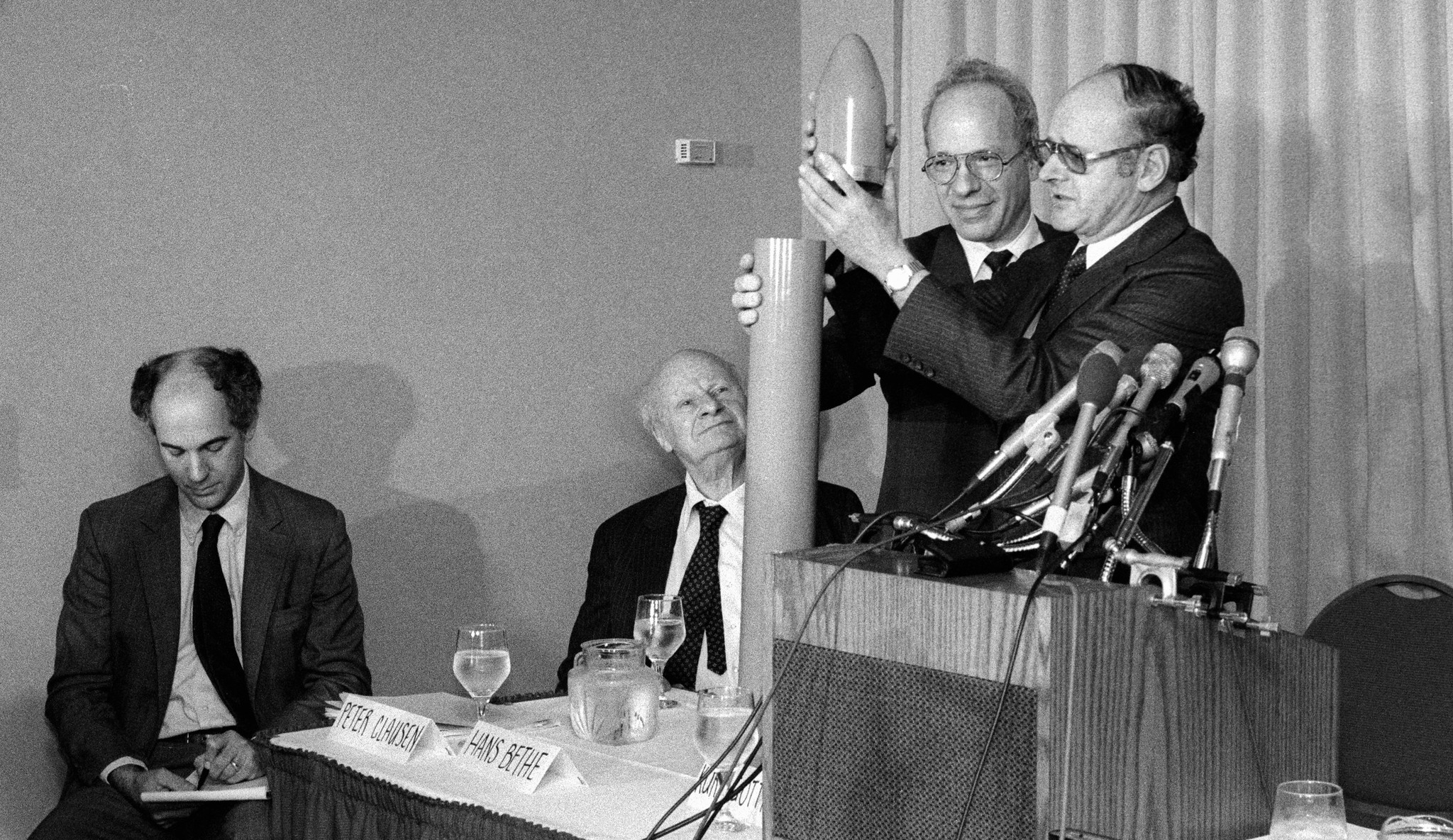The virtual seminar will be held from 12:30-2:00 p.m. ET.
Richard Garwin has been providing technical input at the highest policy levels since 1952, and he has been asked to discuss some of the lessons to be drawn from his experiences – both as a high-level science advisor and in bringing issues to the public, as in his March 1968 Scientific American article with Hans Bethe, Anti-Ballistic-Missile Systems, in which they explained the system then being proposed by the Army and backed by President Johnson and soon-to-be elected President Nixon, and its vulnerabilities to countermeasures. He will also discuss the 1983 draft ban on Anti-Satellite tests and space weapons developed in collaboration with Kurt Gottfried and a legal staff member of the Union of Concerned Scientists.
ABOUT THE SPEAKER: Richard L. Garwin received his Ph.D. in Physics with Enrico Fermi at the University of Chicago in 1949. He designed the first thermonuclear device, which had an explosive yield of 11 million tons of chemical explosive equivalent (the MIKE test in the mid-Pacific Marshall Islands on 1 Nov. 1952). He has served on the faculties of Chicago, Columbia, and Harvard but his primary employment since 1952 was with the Research Division of IBM. He was IBM’s Director of Applied Research for a year but his chosen focus has been helping the U.S. government and, he hoped, the world toward peace, development, and progress. He is an elected member of all three U.S. National Academies (Sciences, Engineering, and Medicine) and has received the Presidential Medal of Freedom (2016), the National Medal of Science (2002), the Enrico Fermi Award from the Department of Energy (1996) and the R.V. Jones Award in Scientific Intelligence (1996). He is co-author of many books and has for decades maintained the easily searchable Garwin Archive at rlg.fas.org which contains his analyses of and proposals on many issues.
